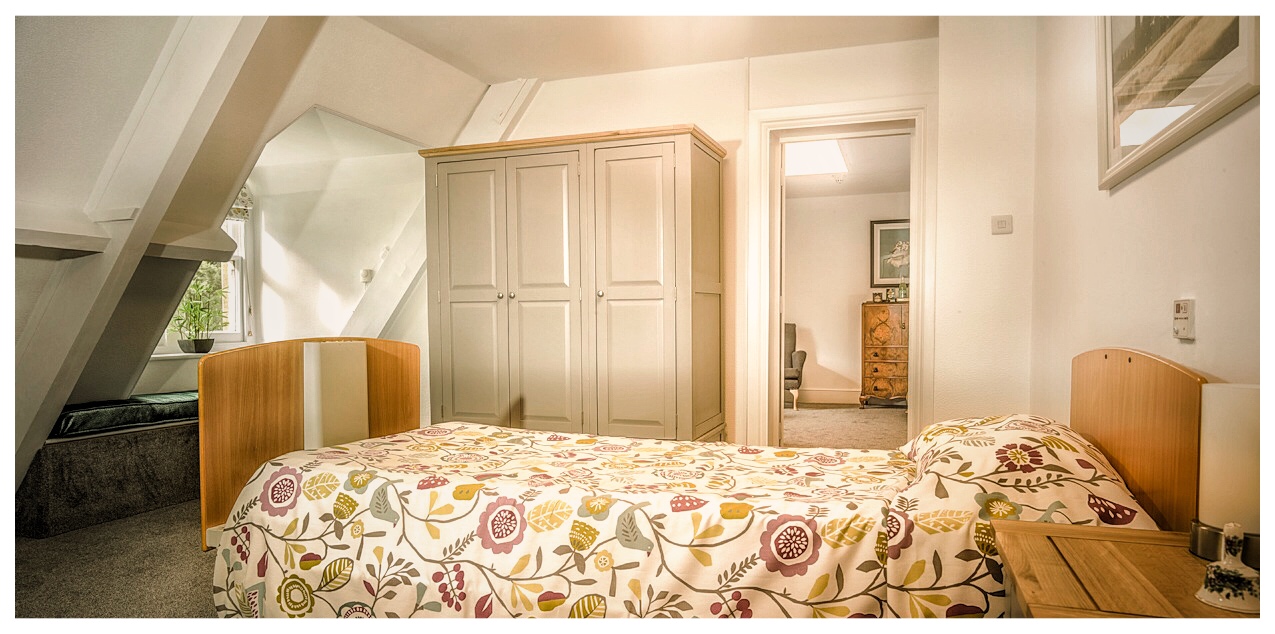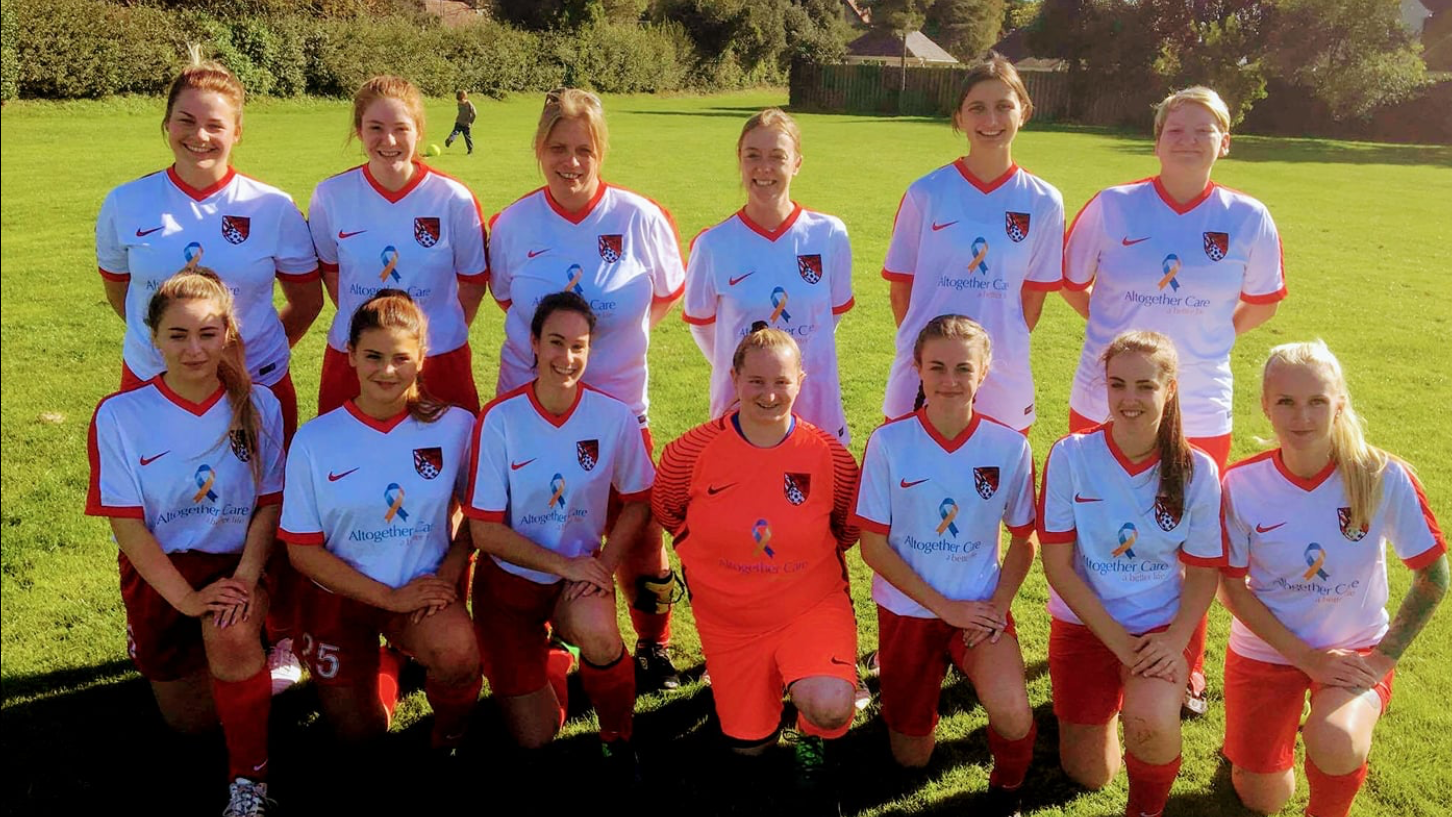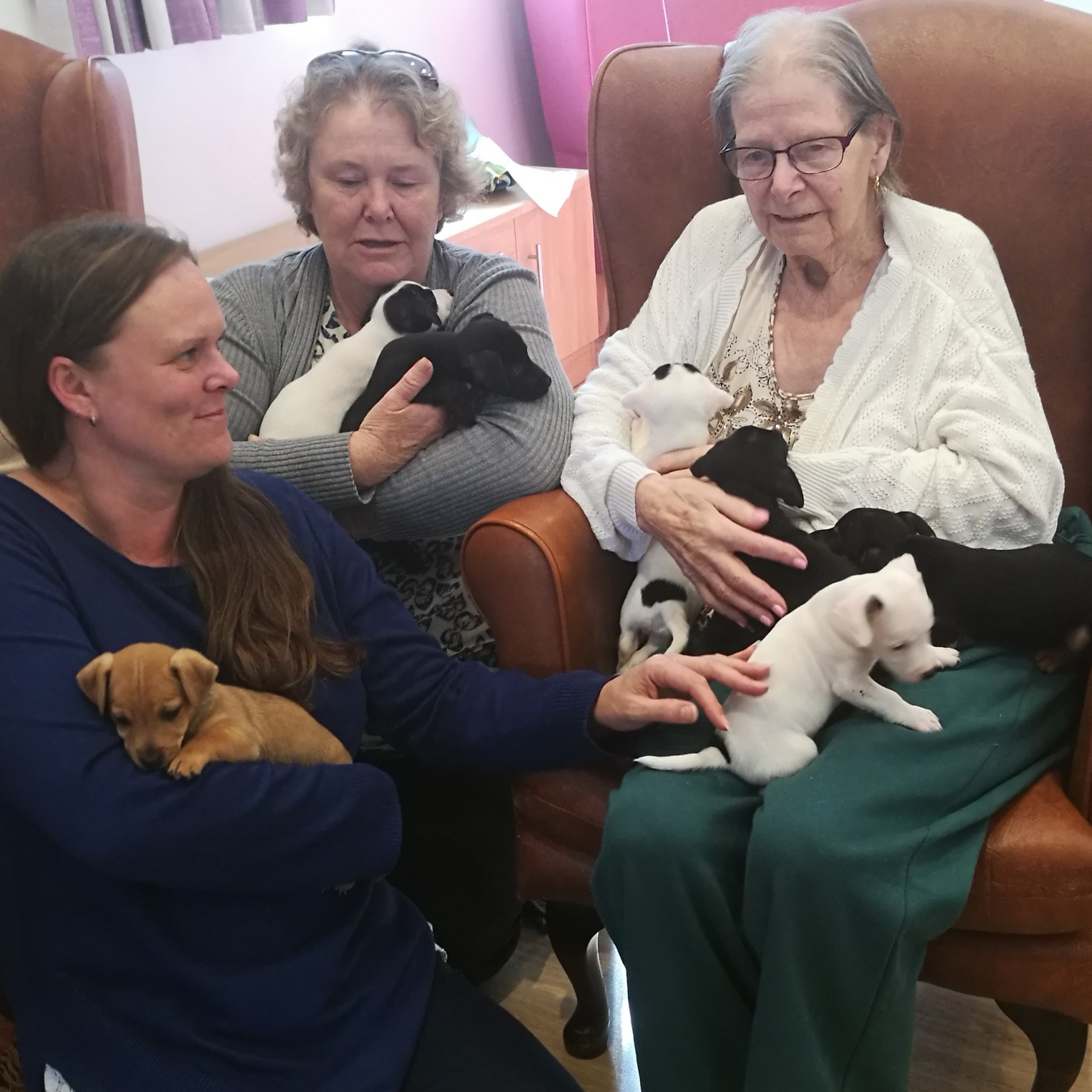Unfilled job vacancies are at unprecedented levels in the UK. According the Office of National Statistics there are 2.9 vacancies for every 100 jobs. The average time taken to fill posts is also growing.
Among the sectors suffering most are hotels, food service businesses and health and social care. Around Dorset, South Somerset and Hampshire we are certainly seeing some of this pressure.
There’s a real challenge for organisations, from hotels and restaurants, to schools, surgeries and care providers to find not just people, but the right people. The question is, where to turn for help?
One option is the recruitment agencies who, to be honest, are struggling just as much as anyone to find good candidates.
Another option is to work with a more specialist expert in this field, that has over 30 years’ experience recruiting its own staff in roles as diverse as chefs, cleaners, handymen, admin, care and nursing. We recently launched Altogether Connect to share our recruitment expertise with other organisations in Dorset, South Somerset and Hampshire, looking specifically for these types of staff that can be especially hard to find as the competition for staff intensifies.
We seem to have an eye for spotting talented people who are ready to build a career with an organisation. We must be doing something right because many of our own staff have been with us for over ten years. The process starts with attracting and identifying the right people in the first place, with the skills, values and behaviours needed to be a productive and valued colleague.
As an employer and a care business, we also have first-hand experience of how to recruit these people and what they are looking for, which gives us a unique insight that other recruiters may lack.
Given our background, we specialise in recruiting care staff, nursing, chefs, handymen, catering staff and cleaners (domestic and commercial). And we help find people to fill these roles in restaurants, hotels, schools, doctors’ surgeries and social care providers. We also help individuals find trusted people to provide these services in their own homes.
So, if finding good quality staff in and around Dorset, Somerset or Hampshire is one of your biggest headaches give Altogether Connect a try. Find out more and enquire here.

































